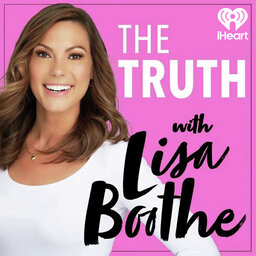What Is a Woman? A Conversation with Matt Walsh
What is a woman? It’s a simple question with a simple answer, but today’s progressives refuse to answer. Instead, they want us to live in a clown world without truth. Lisa gets to the heart of this question with the man who made a documentary about it, the Daily Wire’s Matt Walsh. He boldly gets answers on how this insanity began and the societal pressure being put on today’s youth to transition. Don't miss this meaningful, honest, and important interview!
 The Truth with Lisa Boothe
The Truth with Lisa Boothe



